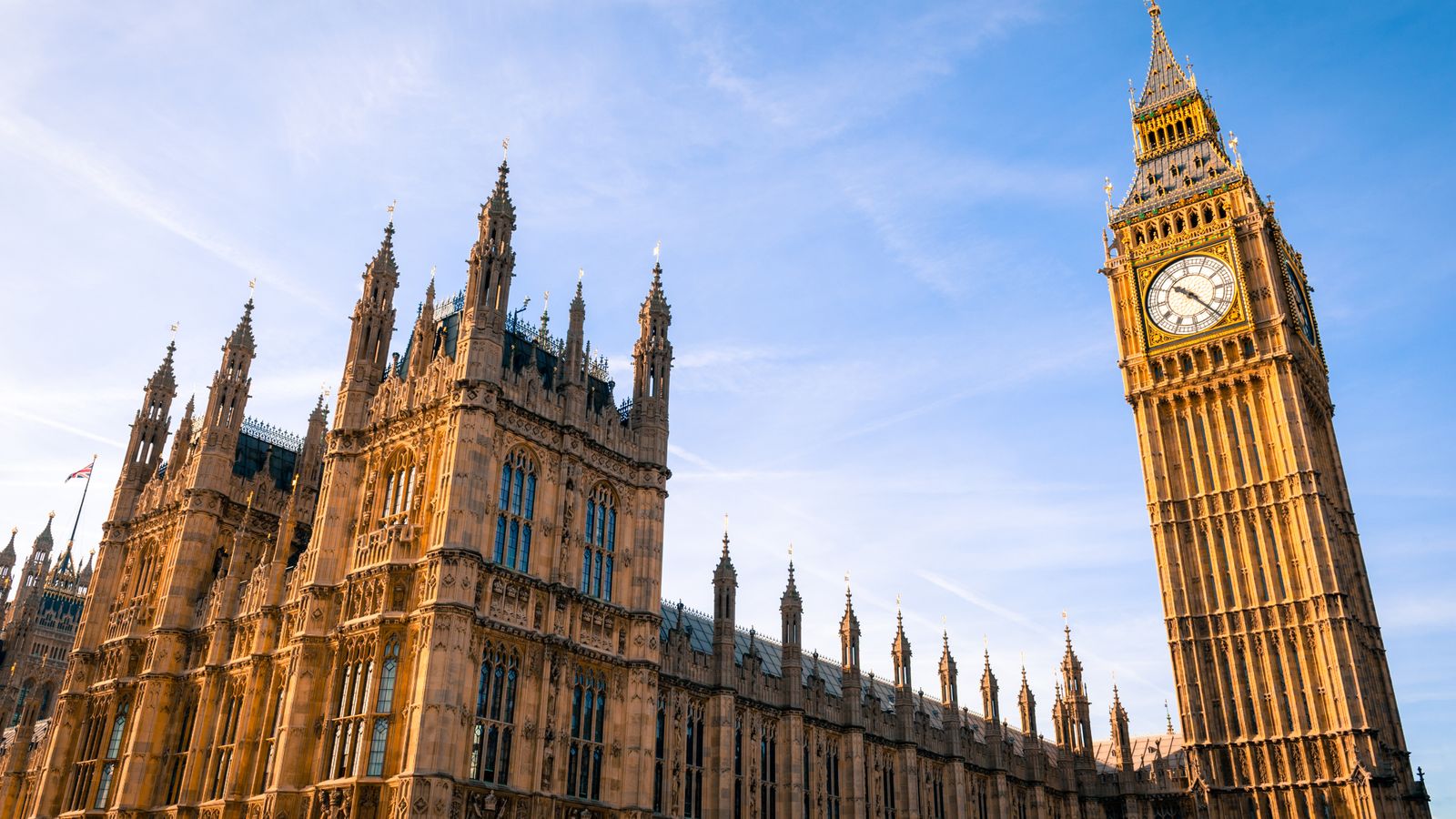More than 130 MPs and peers have called for an urgent review of their pensions and to halt investments in Chinese companies accused of complicity in human rights violations.
In a letter to the chair and trustees of the Parliamentary Contributory Pension Fund (PCPF), the cross-party group also expressed concern about possible investments in institutions linked to the Chinese state.
Among the 117 MPs who are signatories to the letter are Labour shadow foreign secretary Lisa Nandy and former Conservative cabinet ministers Iain Duncan Smith and Liam Fox.
Sir David Amess, the Conservative MP who was killed in his constituency last week, also signed the letter and his name was left on as a mark of respect.
Among the 17 peers who are signatories are former Labour leader Lord Kinnock and ex-Tory chair Lord Tebbit.
The letter follows the publishing of research by charity Hong Kong Watch that found, according to its 2018-19 annual report, that the PCPF – managed in part by BlackRock – had investments in major Chinese firms Alibaba, Tencent, the China Construction Bank, and Sinopec.
“Aside from being two of the largest technology companies in China, Alibaba and Tencent regularly collaborate with the Chinese state in maintaining internet censorship through the ‘Great Firewall’ and have provided the government with surveillance patents for software which has been put to use against the Uyghurs,” the letter said.
Climate change: China does ‘not need UK actions to encourage’ it to be more ambitious in tackling crisis
China’s growing space capabilities raise fears of an uncontrolled arms race
Microsoft to shut down LinkedIn in China after being criticised for censoring Western journalists
“Chinese state-owned banks are also the largest bankroller of Chinese state-owned enterprises, which in turn have spent the last decade buying up a substantial amount of strategic infrastructure in the UK.
“Like other investment firms, BlackRock claims that it supports ethical investing through adherence to the ‘Environmental, Social and Governance’ (ESG) criteria.
“Yet, these problematic investments clearly undermine that commitment.”
Please use Chrome browser for a more accessible video player
Follow the Daily podcast on Apple Podcasts, Google Podcasts, Spotify, Spreaker
The signatories highlighted how, earlier this year, China had imposed sanctions on five MPs and two peers.
And they also noted how, in April, MPs had declared that Uyghurs and other ethnic and religious minorities in China’s Xinjiang region are being subjected to genocide.
“We urge the trustees of the fund to urgently review our pension investments in China and ensure the PCPF is not invested in companies or institutions complicit in gross human rights violations or institutions linked to the Chinese-state,” they added.
Labour MP Siobhain McDonagh, a signatory to the letter and a member of the House of Commons’ Treasury select committee, said: “When the world is presented with such overwhelming evidence of gross human rights abuses, nobody can turn a blind eye.
“But we must also ask ourselves what it means to be complicit and that’s why I’m horrified to learn that our own pension fund is invested in Chinese institutions with close ties to the state.”
In a separate letter, 137 staff members of MPs’ offices have written to Legal & General about possible investment of their own pension fund in Chinese companies who have been accused of being complicit in human rights violations and Chinese state-run banks
Sky News has contacted BlackRock and Legal & General for a response.
A spokesperson for the PCPF told Sky News: “In common with most large diversified investors, the PCPF has financial exposure to a very large number of companies and sectors.
“Trustees have made a number of changes to their investment strategy, and reflecting the PCPF’s long-term objectives and their beliefs, exited the fund in April 2021 to increase focus on the long-term sustainability of returns.
“Trustees aim to be aware of, and monitor, financially material environmental social and corporate governance-related risks and issues through the fund’s investment managers.”






















